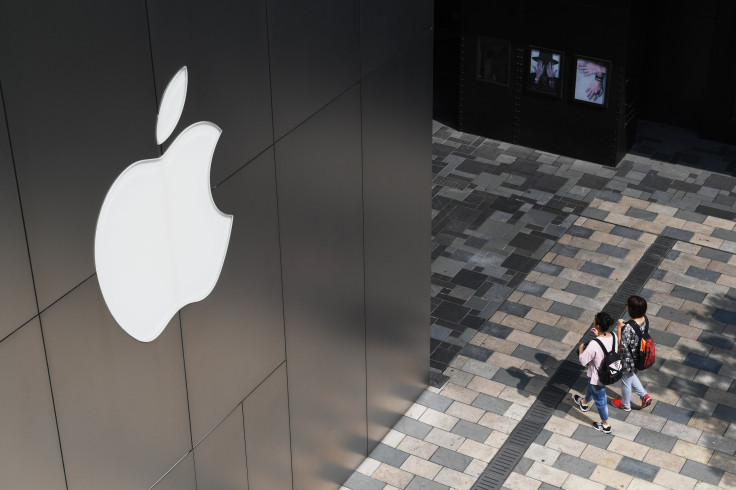Analysts Predict iPhone Price Increases If Apple Shifts Manufacturing To United States

The president wants one of the biggest tech companies in the world to shift manufacturing to the United States, but analysts think such a move would negatively impact consumers. Bank of America Merrill Lynch said on Monday that iPhone prices could increase by as much as 20 percent if Apple started making the phones domestically, as President Donald Trump suggested, according to CNBC.
In a Monday note, analyst Wamsi Mohan said Apple shifting production to the U.S. would affect iPhone prices. American laborers make higher wages than their Chinese counterparts who currently manufacture iPhones, meaning Apple would offload increased costs onto consumers.
Bank of America Merrill Lynch’s note concluded that iPhone prices would go up by 20 percent if Apple brought all of its assembly operations to U.S. shores. Under a more realistic scenario in which Apple only moved 10 percent of its manufacturing to the U.S., prices would increase by 8 percent, according to CNBC.
The prediction came after Apple admitted Trump’s proposed tariffs on Chinese manufacturing would affect the company’s products on Friday. A day later, the president tweeted that Apple should move manufacturing to the U.S. if it wants to avoid pressure from tariffs.
Apple prices may increase because of the massive Tariffs we may be imposing on China - but there is an easy solution where there would be ZERO tax, and indeed a tax incentive. Make your products in the United States instead of China. Start building new plants now. Exciting! #MAGA
— Donald J. Trump (@realDonaldTrump) September 8, 2018
It was a change in tone from Apple’s previous position on Trump’s tariffs. In June, CEO Tim Cook waved the problem off, claiming the U.S. trade war with China would not affect iPhone prices. Friday’s letter was not a full contradiction of that stance, as Apple said the tariffs would affect things like AirPods and the Apple Watch, not the iPhone.
The Trump administration’s economic stance against China has already affected the tech world. Chinese investment in U.S. tech firms dropped more than 90 percent between 2017 and 2018. General Motors and Coca-Cola said they would increase prices on some products in July, as well.
Apple has been criticized for its business practices in China in the past. A Bloomberg investigation published in January found reports of long hours and unsafe conditions at Apple supplier plants in China.
© Copyright IBTimes 2024. All rights reserved.





















